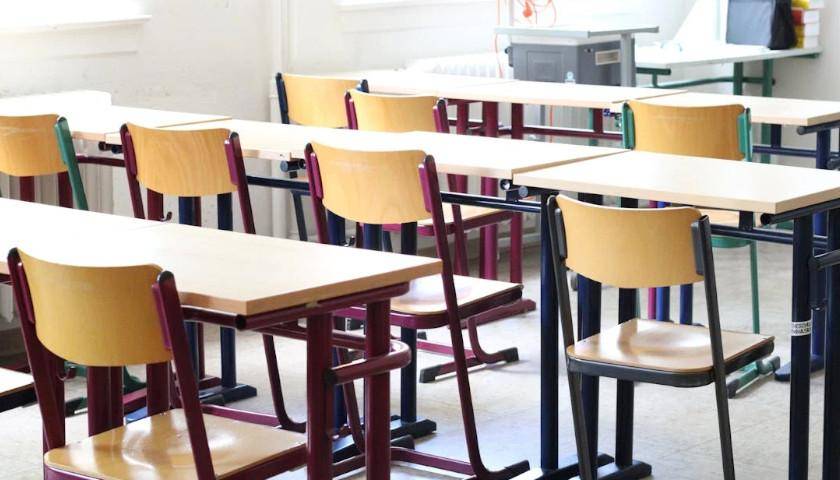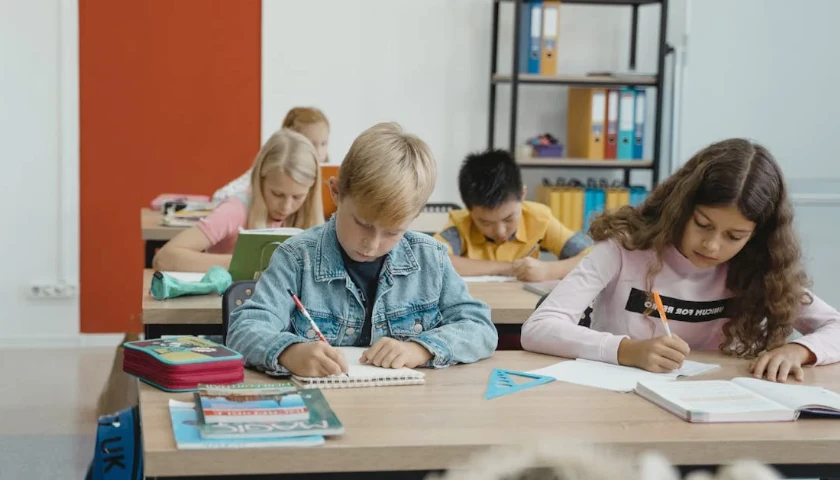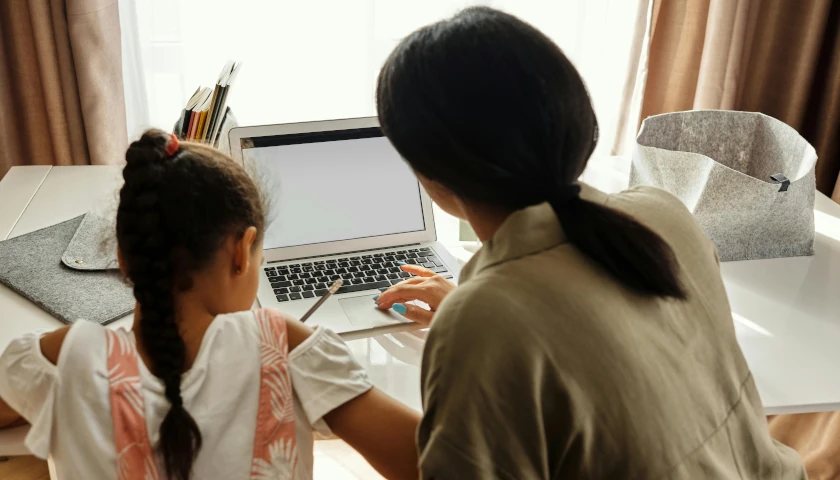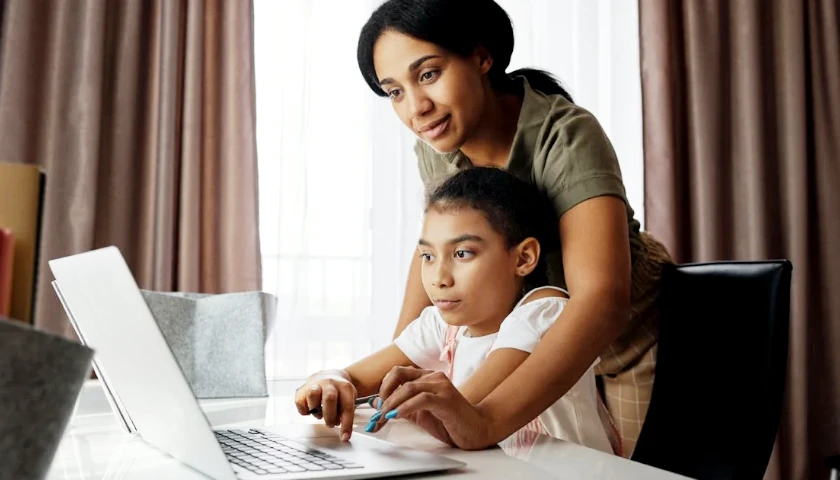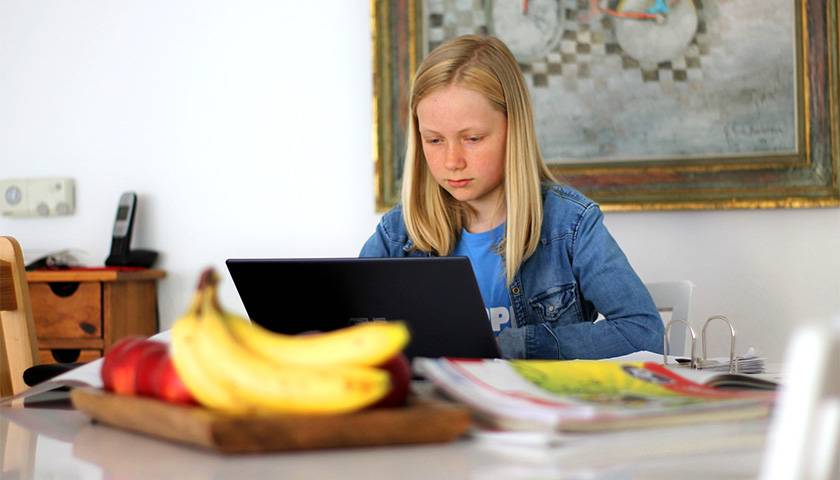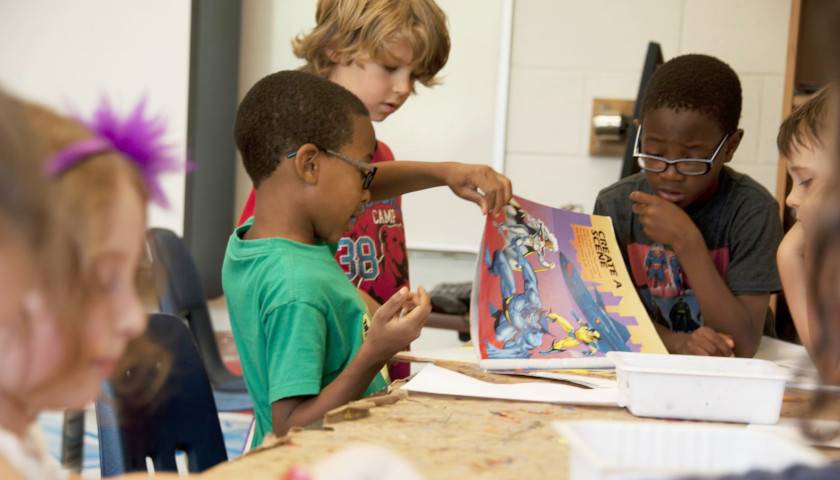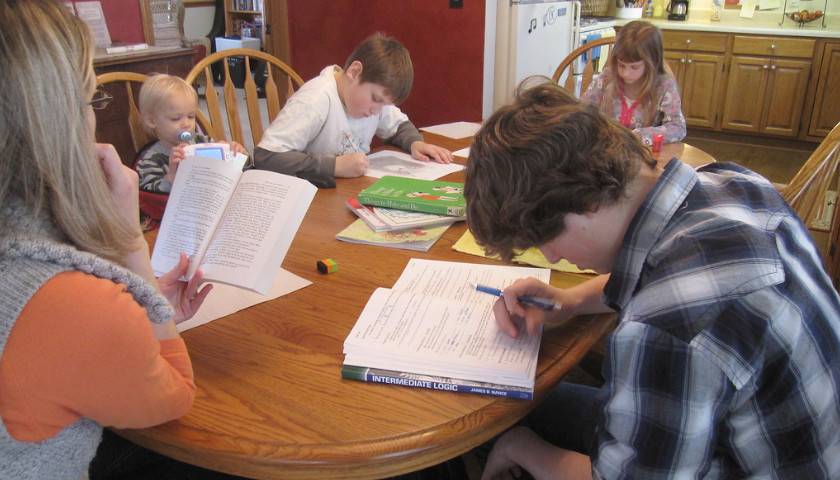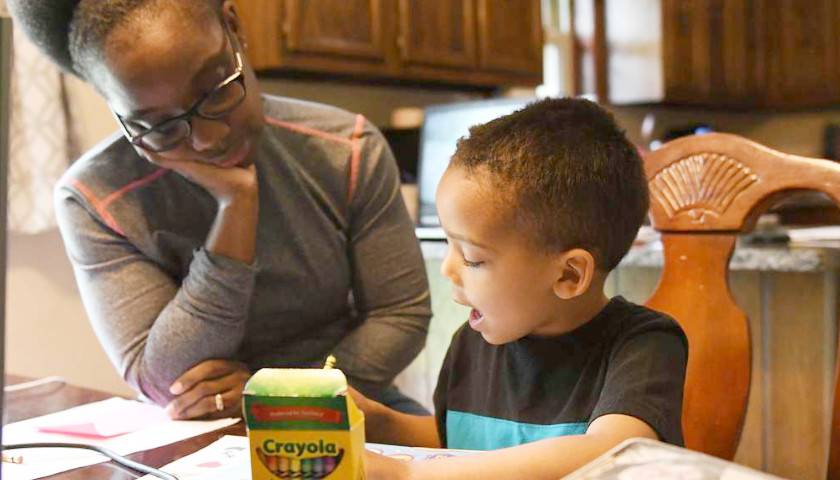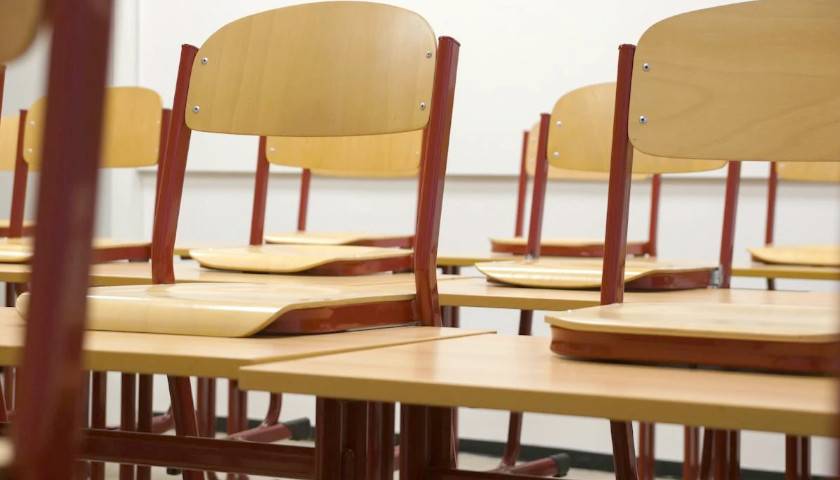For 19 years, I was a master of time. Down to the minute, I controlled time for others and used it to meet my and others’ ends, irrespective of the desires of those in front of me. In short, I was a public-school teacher, and controlling time was my talent. Although I and other adults often talked about helping students reach their potential and grow as learners, what we really did each day was control their time and force upon them ideas and subjects in which most of them had little to no interest.
What if there were a better way? A way to help each student learn the way he or she learns best, develop autonomy, explore passions, and take control of his or her own time? Thankfully, that way does exist in the form of alternative schools and learning programs that continue to increase in number each day.
Read More
